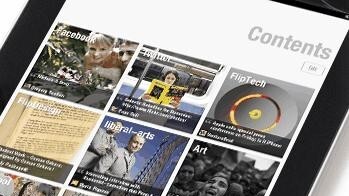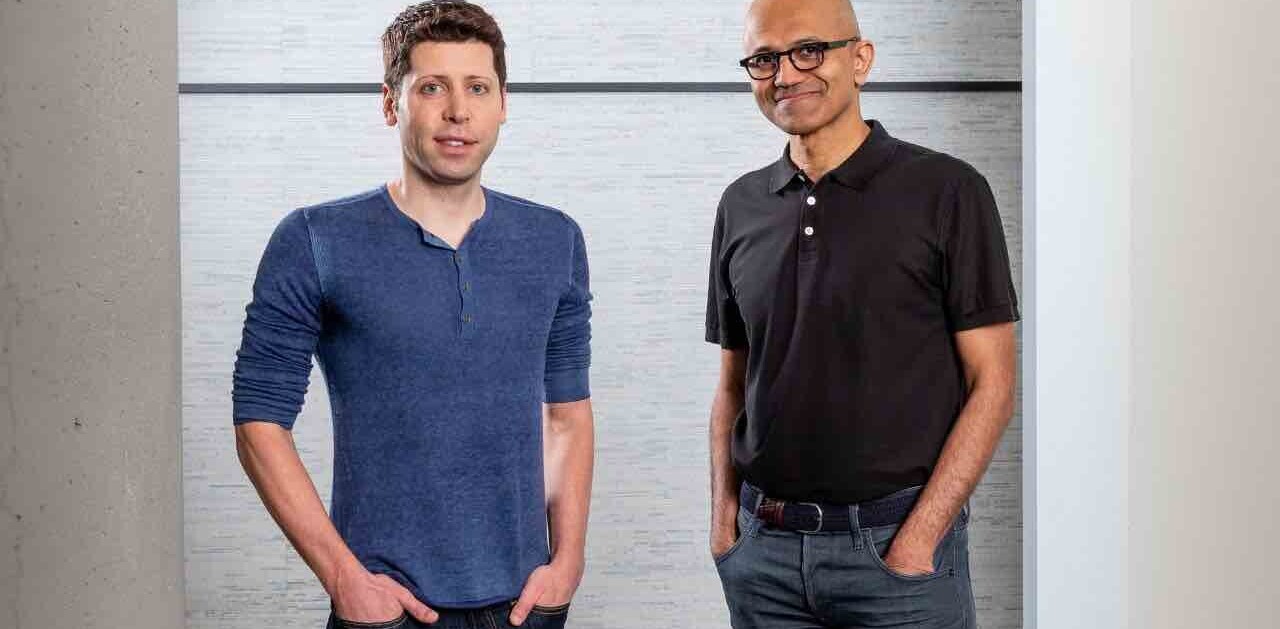
 We were the first big media source to cover Flipboard, and ever since that moment the iPad application has taken over the technology scene leaving many scratching their heads: what about this application is so special? Let’s take a moment to break down just what Flipboard is, why it is a big deal, and what it means for future media applications.
We were the first big media source to cover Flipboard, and ever since that moment the iPad application has taken over the technology scene leaving many scratching their heads: what about this application is so special? Let’s take a moment to break down just what Flipboard is, why it is a big deal, and what it means for future media applications.
To begin, Flipboard is not finished or perfect. It has annoying feature holes, but like an unfinished painting you can see the bigger picture in the gaps. Flipboard needs, among other things, offline access, stronger posting capabilities for Facebook and Twitter, more pages per section, a ban button, and better controls to prevent repeat content. All that will be solved over the next several releases, it’s just a matter of time, so let’s put that aside.
Flipboard has a core quality that makes it special: it turns noise into signal. Across several content sources, Flipboard is more than an aggregator, it is an improver of content. It sharpens the influx. The two social networks that are built into the device are prime examples of this. Flipboard is a near-perfect (see above gripes) casual Facebook and Twitter application. Flipboard takes the tweets, and turns that feed into a readable, coherent, content spread. From tweets to product, from Facebook statuses to well organized nuggets of information, Flipboard brings in text and gives you a book.
In a way, Flipboard is the opposite of TweetDeck. TweetDeck takes Twitter, and makes it more like Twitter; it’s the same idea on steroids. Flipboard takes a Twitter stream, and spits out someting wholly different. From a nearly unreadable stream of blather, Flipboard returns to you a curated short magazine, for free.
Twitter lists are perhaps the single strongest use of Flipboard, if you are a power Twitter user. If you are like me, you have and use lists to track topics and news. Flipboard takes this more focused feed and works its magic, but as the input is cleaner, the output is stronger. I can only imagine what all Scoble’s lists are like, you can only access some inside the application.
I hope that I have made my point clear, that Flipboard is the tool that we have all been waiting for to turn our millions of notes, blogs, tweets, posts, and updates and make them into something consumable. It’s like we have been eating our content raw, and Flipboard is the fire that cooked it for us for the first time. Just how big a change are we talking about? I truly believe that anyone who finds Facebook or Twitter to be dull, or unusable, will find them to be 100% more engaging on Flipboard. This is the next step.
The Future
The first quality set of aggregators never had a chance, FriendFeed did little to help people deal with information overload, in fact it in some ways exacerbated it. Google Buzz was a similar idea lost inside of a popular email application, but it did not help people dig themselves out of the influx of stuff. Digg and Reddit are not personalized enough to keep an individual smiling all of the time. Curation needs to be user-specific.
The self-selection process that we all go through on Facebook and Twitter by following people is the ultimate act of personalization, but the information that we receive is too raw. I do not want to scan a list of sort blurbs. Quick, fire up TweetDeck (or Seesmic, etc) and look at how cluttered your screen is. Ugly, right? It’s just too much for the normal person.
There is just too much noise in social media, and the greater internet areas of content and interaction. To prune the noise in our online lives we need help. We need a personal TechMeme team of editors to pick and choose and serve us what we want to read. Flipboard is the first application to do an acceptable job of this, but it won’t be the last.
We have finally perfected publishing and sharing. Using the tools in the world today you can create and publish literally anything, anytime, usually for no cost. After several revolutions that brought us the first blogging networks, then micro blogging and tweets, and finally the comic oversharing of Blippy and its ilk, the idea of sharing is nearly played out. You can share anything, so now the challenge becomes how to accept the information and beat the chaff out of it.
Noise in, signal out, we need more curation, and we can’t do it full time by hand forever. The next great media companies online are going to take the massive, grass roots content creation that we now have (which is wonderful and empowering), and serve me a hot plate of personalized content with a great shell wrapped around it that makes the information consumable and compelling. Flipboard is doing that better than anyone else, and the fact that they are doing it on iPad makes it all the more exciting.
The internet and other new technologies have exploded the old media paradigms, and we are now, at long last, watching our new technologies mature. Flipboard is leading this charge, but we all need to keep two eyes open for just who is next.
Get the TNW newsletter
Get the most important tech news in your inbox each week.





